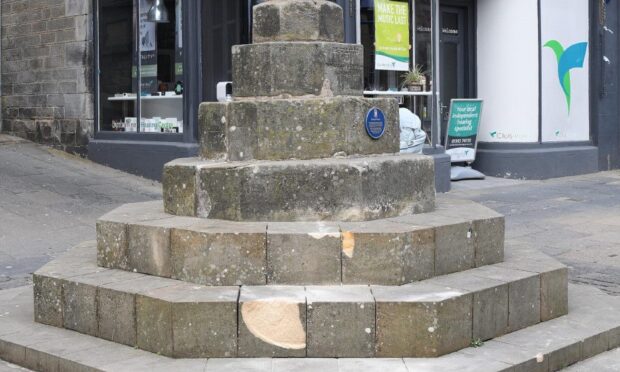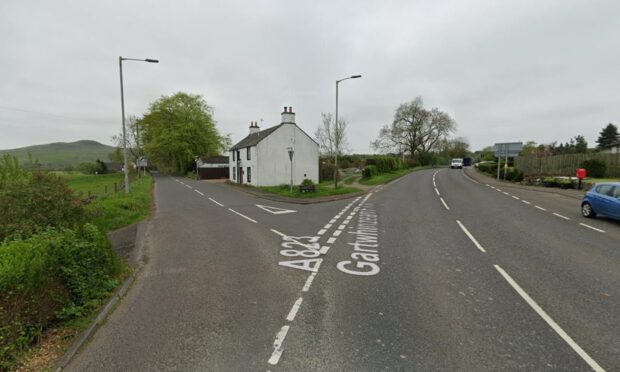A Fife couple lost their baby after problems in managing problems in her pregnancy.
Tragically, the mum to be lost her baby just days after undergoing tests for possible pre-eclampsia.
The couple, known only as Mr and Mrs C, complained to the Scottish Ombudsman who found the board failed to conduct further tests to clarify Mrs C’s diagnosis.
This was contrary to National Institute of Health and Care Excellence guidelines.
Mrs C had increased blood pressure during her pregnancy, as well as slightly raised protein levels in her urine.
These can both be signs of pre-eclampsia, a condition which can lead to serious complications both for mum and baby.
When she was 38 weeks pregnant a plan was made for the baby to be induced in a week’s time.
In the meantime she was admitted overnight to monitor her high blood pressure.
She was also given a cardiotocography in a follow up appointment which showed some problems, including a slowing heartbeat, but staff thought this was down to Mrs C’s movements.
She was discharged.
But sadly, when she returned two days later for the induction her baby was found to have died.
He was stillborn the next day.
A post-mortem examination found Mrs C’s placenta had not been functioning properly, something consistent with pre-eclampsia.
After taking independent advice the ombudsman upheld the Fife couple’s complaint about the management of her pregnancy.
As well as failing to do additional tests to clarify her diagnosis – between high blood pressure and pre-eclampsia – he also found NHS Fife had failed to recognise two abnormalities on two CTG recordings.
However, he did not uphold complaints about the continuity of care, the couple’s involvement in a clinical review or the bereavement support made available to them, although he did give NHS Fife feedback on those points.
This included considering a business proposal for a bereavement midwife.
NHS Fife Director of Nursing Helen Wright, said: “NHS Fife accepts the findings of the Ombudsman’s investigation report and we would like to publicly apologise to Mr and Mrs C for falling short of the expected standards of care during a traumatic time for them.
“We strive to ensure our patients receive the highest standard of care and, where this has fallen short, we learn from our shortcomings and put in place measures to avoid any similar circumstances in future.
“While we have only recently received the Ombudsman’s report, we have already started to enact its recommendations and these should all be in place over the coming weeks.”










